It’s been all over the news – Amazon agreed to purchase Whole Foods Markets in a cash deal for $13.7 Billion USD. Wow. There has been a ton of articles on how this will affect the grocery industry and Amazon as a company, but how will this affect juice? (If you prefer a quick video analysis, you can check it out on my personal youtube channel here.)
Let’s look at some facts about each company to help us better understand how this will impact the juicing industry.
Whole Foods
Here is a brief timeline of Whole Food’s juicing programs. (Dates are estimates)
- 2012 – Whole Foods was one of the first national chains to carry cold-pressed juice, with brands like Blueprint and Suja.
- 2013 – Whole Foods starts making their own cold-pressed juice in some stores.
- 2014, April – Whole Foods awards Suja their “Vendor of the Year” award.
- 2014-2015 – Whole foods expands their in-store juicing through their Western, Southern, and Mid-Western regions.
- 2015-Present – Whole Foods continues to expand their juicing program, with in-store juice bars and their private label cold-pressed juice offerings.
Amazon
Let’s look at what lead up to Amazon purchasing Whole Foods (Dates are estimates, most dates from wikipedia):
- 1994, July – Amazon launches as an online bookseller and disrupts the brick and mortar bookstore industry and goes public a few years later.
- 2005, February – Amazon Launches Amazon Prime, a paid membership program that offers free 2-day shipping on eligible purchases.
- 2007, August – Amazon Launches Amazon Fresh, a grocery delivery service.
- 2015, September – Launches Amazon Prime Now, a restaurant, grocery, and “essentials” delivery service that can deliver goods in under two hours in select cities.
- 2016, December – Amazon opens Amazon Go, a brick and mortar grocery store with innovative technology open to amazon employees as part of their beta test program.
- 2017, June – Amazon Purchases Whole Foods Markets, Fashion Dress Market, Fincluding their US, UK, and Canada operations.
So looking at this timeline, it’s obvious that Amazon has been looking at the grocery industry for years now. Amazon loves to find BIG industries that they can disrupt. The grocery industry is massive, at about $580B revenue in 2016. WFM only represents a small chuck of that at about $15B in 2016, compared to larger competitors like Kroger which had revenue of about $115B in 2016.
The Dynamic Duo
Jeff Church, CEO of Suja, recently had this to say about the merger on livingmaxwell.com: “… I think the opportunity to streamline and focus on availability and pricing could really help reduce the cost of organics for the general masses. Given all of the other companies that were in the running, we truly feel that Amazon represents the most progressive and dynamic opportunity for Whole Foods.”
Amazon is a known disrupter with billions of dollars and amazing technology, including their new grocery retail technology that allows a person to walk into a store, grab items, and exit without stopping at the cash register (like you’re stealing but it’s actually OK because they bill you later). They are also the world leader in e-commerce sales and delivery of nearly anything you can order on the internet, with 43% of all online purchase in the US in 2016 flowing through Amazon, according to one analysis.
If we take Amazon’s technology and massive e-commerce presence, and merge it with Whole Food’s commitment to juice, this has to be a good thing thing, and is one of the most exciting mergers in recent history. We may see hundreds of more Whole Foods stores opening, prices dropping, and delivery of Whole Food’s products being available everywhere Amazon has a presence.
Comments
I would imagine it will be good for the big guys, bad for the small (as per usual). Since the smaller shops can't compete financially with the prices they will likely offer.
That's a good point, but I think in this case it's not necessarily the case. There is still a ton of education needed about juice. Most people still don't know what cold-pressed juice is if you ask them, and juice being made available on a mass scale will help the industry, even the small independent companies. There are already large companies offering low prices, like Suja and Evolution Fresh (owned by Starbucks, a mssive company). Many people would rather have juice made by their local juice shop, since its fresh and local. I don't see that changing. Time will tell...
Very cool ! Exciting to see what Amazon does
Hi Ted, I am in Jamaica and going into organic sorrel to make drink and water. What could that merger mean for me?
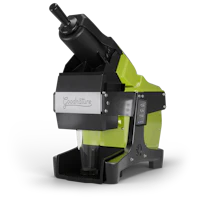
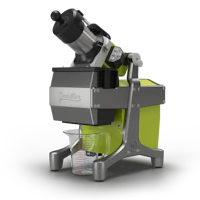
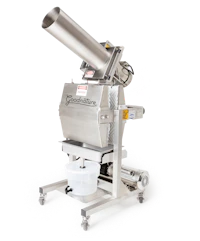
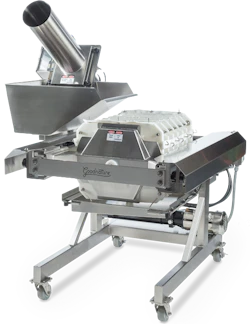
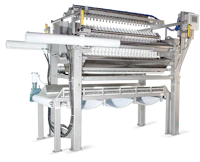

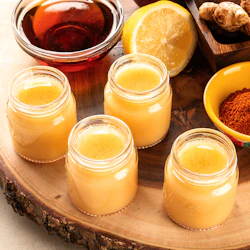
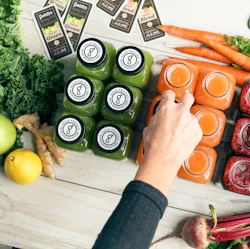
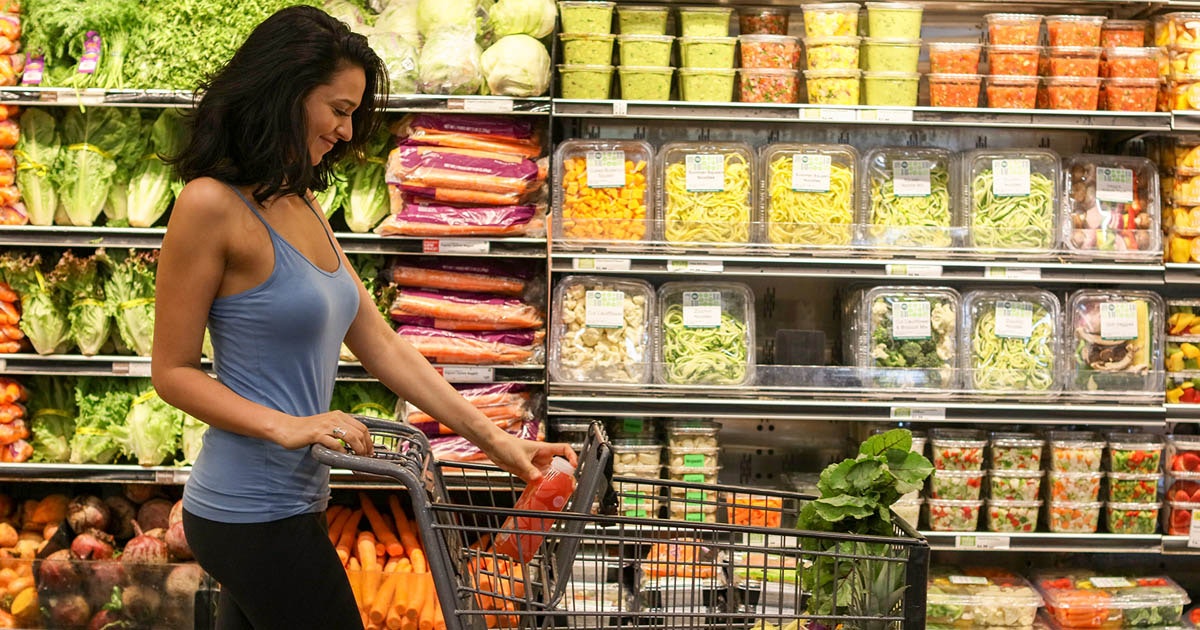

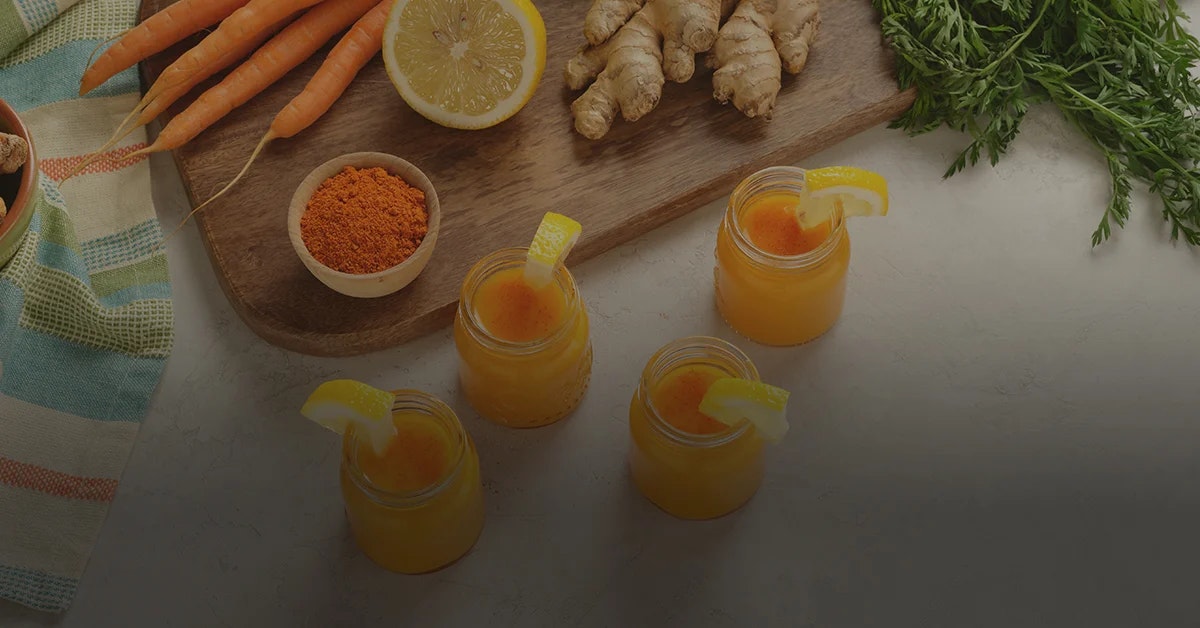
Comment